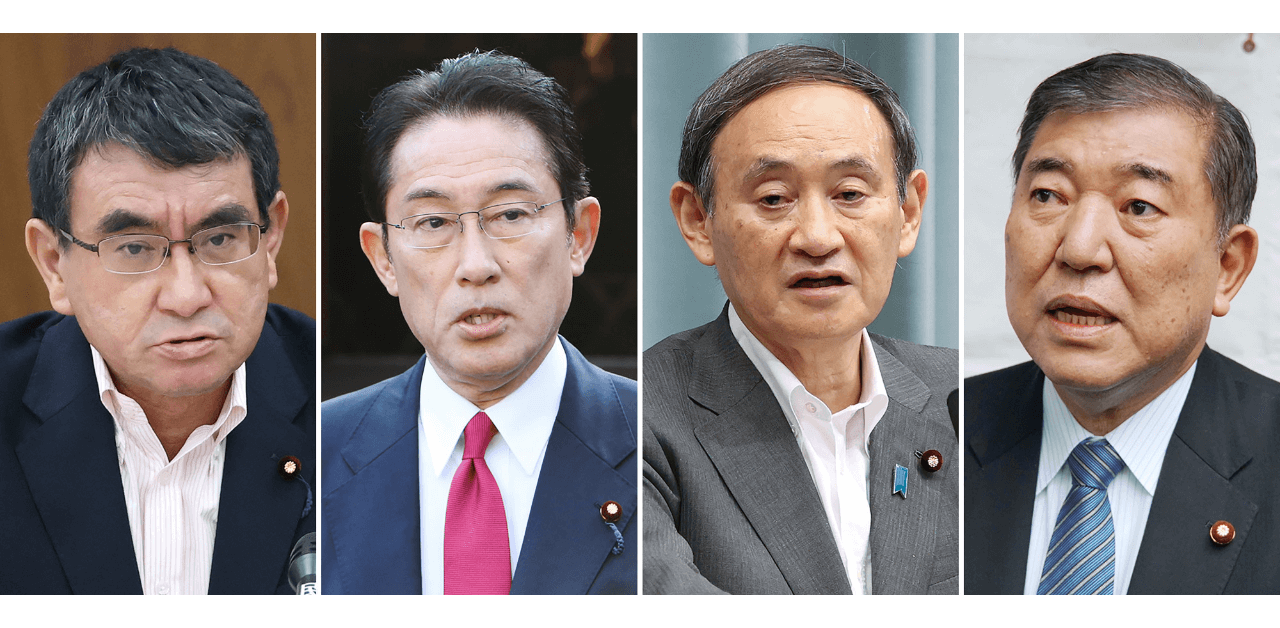Japanese Prime Minister Shinzo Abe announced last week his decision to step down from office due to ill health. Abe suffers from an intestinal disease that has relapsed in recent months. Abe maintained that he will not appoint an interim prime minister and continue to serve until a successor is appointed. The ruling Liberal Democratic Party (LDP) decided earlier this week to exclude rank-and-file members from its leadership election that will effectively select Japan’s next prime minister. Such a vote is likely to benefit incumbent Chief Cabinet Secretary Yoshihide Suga, who is emerging as the front-runner, having secured backing from most of the party’s lawmakers.
As Abe’s party, the LDP, holds a substantial majority in the powerful Lower House, and, as it stands, whoever becomes the next Party president, will most certainly become the state’s prime minister. Accordingly, the LDP’s General Council will hold an abridged presidential election, with ballots cast only by lawmakers and delegates from the party’s local chapters. Since Abe is stepping down mid-term, the LDP’s rationale for holding an abridged election is that the party needs to simplify the process to choose his successor and avoid a political vacuum amid the coronavirus pandemic.
The elections are scheduled for 14 September, and Suga, dubbed as Abe’s right-hand man, is projected to secure 70% of votes by fellow lawmakers. The LDP appears to favour Suga because he is viewed as a “continuity candidate”, and he is going to officially declare his candidacy later today. Two other candidates contesting include former Foreign Minister Fumio Kishida and former Defence Minister Shigeru Ishiba, who announced their candidacies yesterday. The winner will serve the remainder of Abe’s term till September 2021.
Under these extraordinary circumstances, LDP party presidential elections are not about policies but about numbers—the candidate who can win a “majority of the majority”, implying that the person who wins majority of votes within the party will win the legislature as well. This has thrown open several factions within the party, with each faction backing different candidates. Ishiba’s faction, for instance, consists of only 19 members, while incumbent Defence Minister Taro Kono is part of a bloc comprising of 56 members. According to the media, LDP’s policy chief Fumio Kishida represents another faction of 47 members, and Suga, the favoured candidate, is independent and holds no factional affiliation. Apparently, Taro Kono, who belongs to a faction headed by Finance Minister Taro, decided he would not run in the election after talking to his bloc. This 56 member faction, coupled with LDP’s largest faction of 98 members led by former party Secretary-General Hiroyuki Hosoda, has decided to back Suga.
The LDP comprises about 1.08 million members across the state, and the abridged election permits only 394 lawmakers and 141 delegates from local chapters to vote. The departure from the normal process of appointing a successor was strongly opposed within the party. Still, prominent party members ultimately won their bid to exclude rank-and-file members from voting to ensure a speedier election process. Grassroots members of the LDP were unhappy about being left out, such as Masami Hirabuki, a 67-year-old farmer, who is worried that his demographic—a rapidly aging rural population—would not be represented in the scheduled abridged elections. On the other hand, Hiroyasu Futagawa, a 46-year-old business owner in Takamatsu, said that he understands that an abridged election is “necessary at this time”, but emphasised that the next election to be held in a year’s time “needs to be a full vote”.
Japan Scrambles to Elect Prime Minister Abe’s Successor
The majority party, LDP, will hold abridged elections on 14 September.
September 2, 2020

(L-R) Japan’s Defence Minister Taro Kono, LDP member Fumio Kishida, Chief Cabinet Secretary Yoshihide Suga, and LDP member Shigeru Ishiba, are potential contenders. SOURCE: AFP
